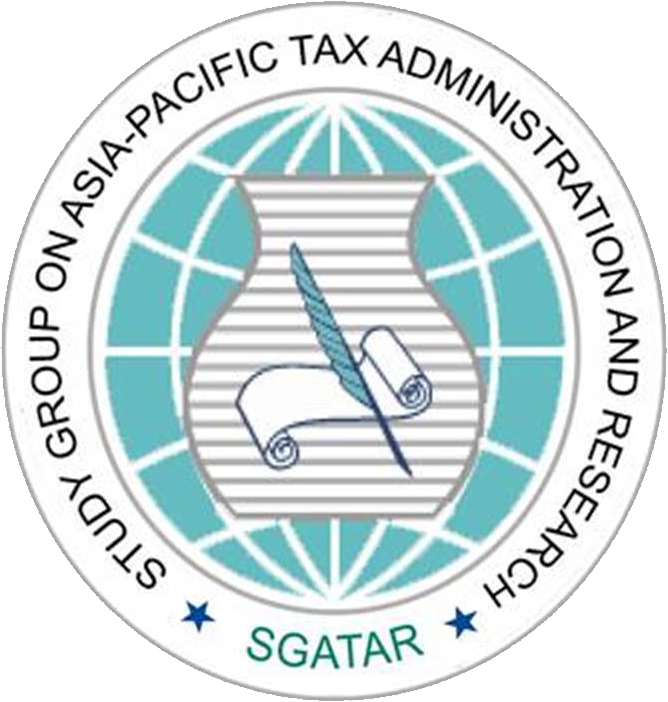Key dates & events
SGATAR, as it is known today, is the evolutionary product of a series of key decisions and events which occurred throughout its history.
SGATAR

Study Group on Asia-Pacific Tax Administration and Research
SGATAR, as it is known today, is the evolutionary product of a series of key decisions and events which occurred throughout its history.